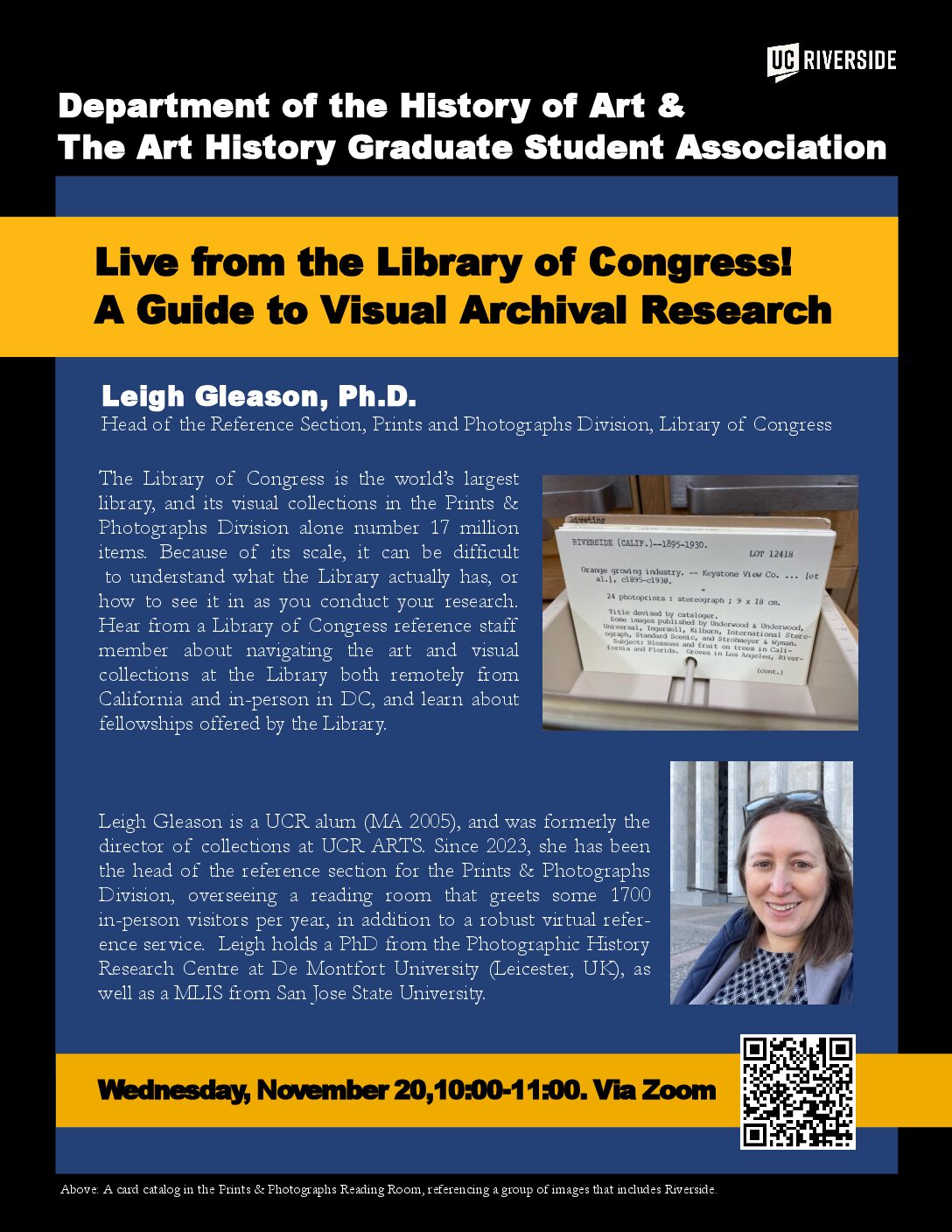Yong Soon Min: Reimagining the Inheritances of Empire

Kylie Ching, Ph.D.
UCR Chancellor’s Postdoctoral Fellow
How does one remember an unending war? Within U.S. history, the Korean War remains the “forgotten war,” overshadowed by World War II and the Vietnam War. For the late artist, activist, and educator Yong Soon Min, this contradiction makes the Korean War an important site to parse through its history and meaning. Rather than focusing on scenes of spectacular militarized violence, she draws attention to how the civil war continues to shape everyday life in Korea and its diaspora. Centering personal and embodied experiences as a form of history, Min repurposes photographs across family and state archives to reimagine alternative kinships that disrupt U.S. Cold War historiographies. This talk will explore two works — a photomontage called Talking Herstory from 1990 and a multi-media installation entitled Mother Load from 1996 that was later remade in 2014. Within these works, Min reveals the visible and invisible inheritances of war, such as memories, physical objects like photographs and clothes, and family relations.
PLEASE NOTE: THIS TALK HAS BEEN RESCHEDUED FOR APRIL 17
In-person
Thursday, April, 17, 2025 at 5:00pm
CHASS Interdisciplinary South, 1111

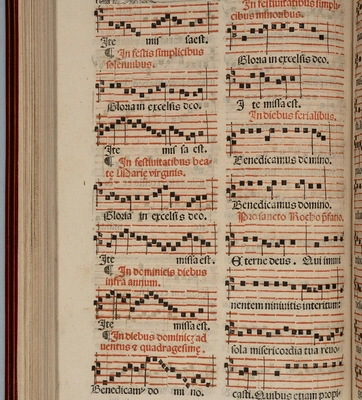
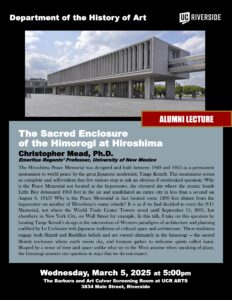 Christopher Mead, Ph.D.
Christopher Mead, Ph.D.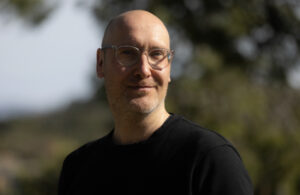 Monday, January 13, 2025 10am to 12:30pm
Monday, January 13, 2025 10am to 12:30pm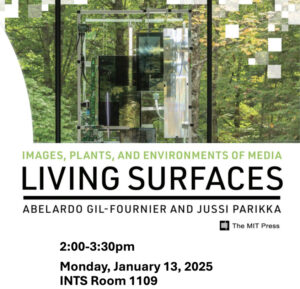 Living Surfaces examines a range of case studies from eighteenth-century experiments with and observations of vegetal matter, photosynthesis, and plant physiology to twenty-first-century machine vision and AI techniques of calculating agricultural and other landscape surfaces.
Living Surfaces examines a range of case studies from eighteenth-century experiments with and observations of vegetal matter, photosynthesis, and plant physiology to twenty-first-century machine vision and AI techniques of calculating agricultural and other landscape surfaces.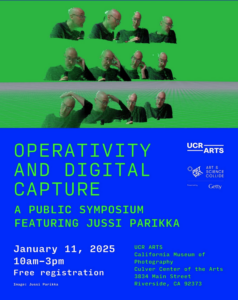 Operativity and Digital Capture is a public symposium with media archeologist, Dr. Jussi Parikka, the first Visiting Professor at
Operativity and Digital Capture is a public symposium with media archeologist, Dr. Jussi Parikka, the first Visiting Professor at 